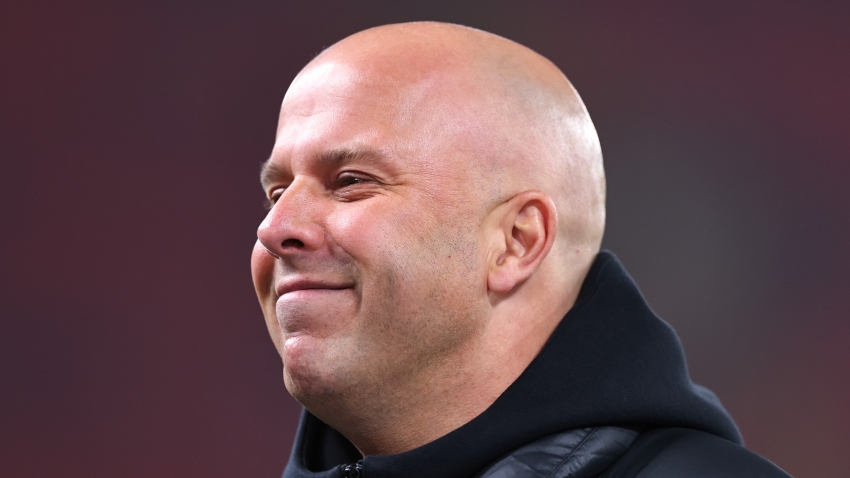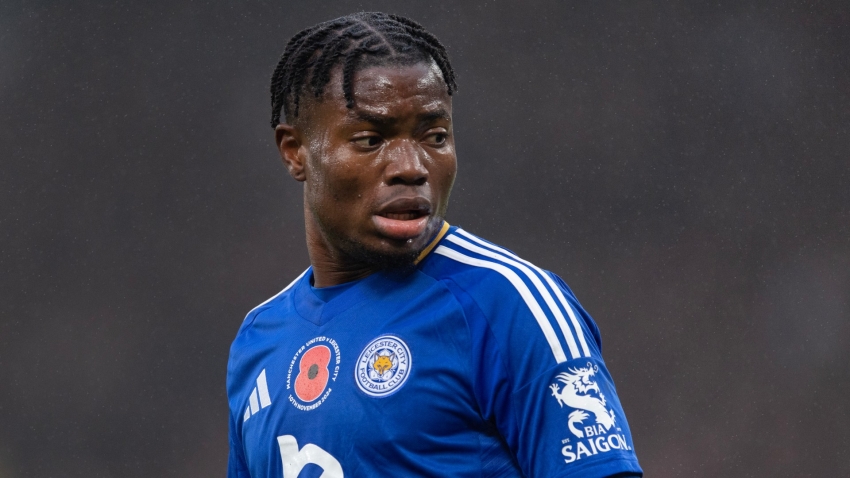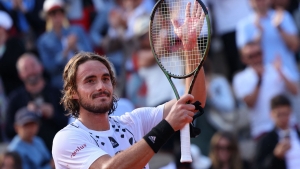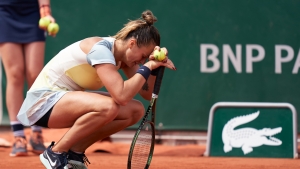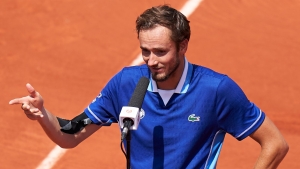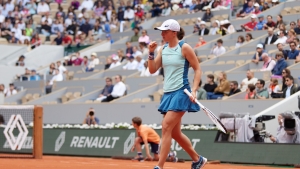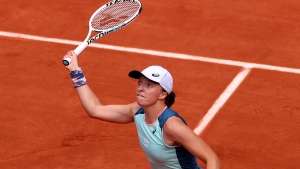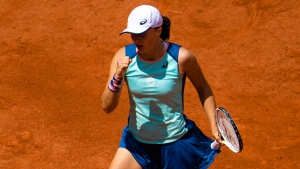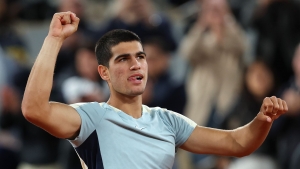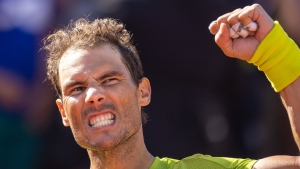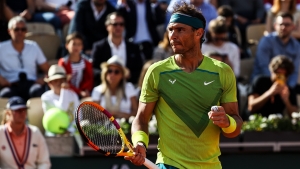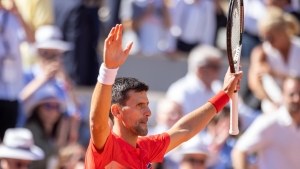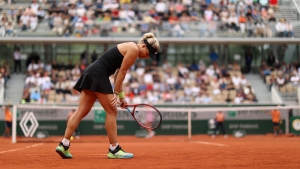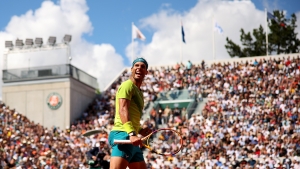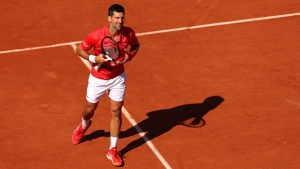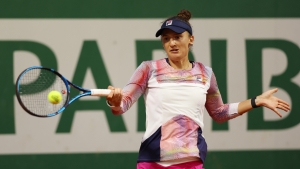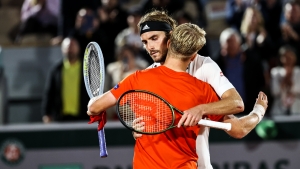Toni Nadal's loyalties will be split between nephew Rafael and current charge Felix Auger-Aliassime after the French Open served up a delicious last-16 clash.
Known popularly on the tour as Uncle Toni, the man who was at superstar Nadal's side for so many of his greatest triumphs signed up to coach Canadian Auger-Aliassime last year.
Nadal and 21-year-old Auger-Aliassime have had just one past competitive meeting, three years ago on clay in Madrid, but they will go head to head in Paris in the fourth round, and the prospect could hardly be more appetising.
According to Rafael Nadal, who says he has "zero problem" with the scenario, Uncle Toni "wants the best for me".
But Toni Nadal has been hired by Auger-Aliassime, so in theory, he should want the best for the man who grew up in Quebec, too.
Auger-Aliassime earned a hard-fought 7-6 (7-3) 7-6 (7-2) 7-5 win over Serbian Filip Krajinovic on Friday, while Nadal fended off Dutchman Botic van de Zandschulp for the loss of only nine games.
There is seemingly no prospect of the Nadals staying away from one another ahead of the tussle.
"I already talked with Toni after my match," said Rafael Nadal after sinking the hopes of Van de Zandschulp.
"For me, it's very simple. He's my uncle. I don't think he will be able to want me to lose, without a doubt, but he's a professional and he's with another player.
"I don't know what's gonna happen, if he's gonna stay in the box or not, but I don't care. I have zero problem with that. So it's not a story at all for me. I know what the feelings are that we have between each other. I know he wants the best for me."
Nadal said he had no issue with Uncle Toni working for another player, adding: "He's old enough to make his own decisions, no?
"I can't thank him enough for all the things that he did for me during so many years. I don't have any problem with any position that he's making. I want the best for him, and he wants the best for me. We are family more than anything else.
"Not only family; we are a family that stay together all the time. We are in the same village. We spend time in the academy together. We lived incredible emotions together. So he's not only an uncle. He's more than that."
All of which may have made for interesting listening for Auger-Aliassime, who has joined Nadal in the world's top 10 since their meeting three years ago, with the Canadian at a career-high ninth in the rankings.
Auger-Aliassime's clay-court form has been patchy this season, and it would be a major surprise if he took the scalp of the 13-time French Open champion, who is defying ongoing foot pain to keep his career going.
Toni Nadal joined Frederic Fontang in Auger-Aliassime's coaching set-up, and it may be the latter who does much of the tactical planning for the next match.
"I don't know if I need insight on how Rafa plays, to be honest," said Auger-Aliassime. "I think we all know what he does well.
"It was black and white from the first time we started working together. We knew it was a possibility that eventually I would play Rafa when I'm working with Toni. And actually now he's present here in this grand slam. But I think Toni will watch from a neutral place and enjoy the match.
"From my part it's another match, another opportunity to try to play a good match and win, but of course it's very difficult. I don't know how Toni feels. Maybe we should ask him, but he hasn't talked to me about it."
Auger-Aliassime called for observers to consider the "bigger picture", and what Toni and his nephew, the record-holding 21-time men's grand slam winner, achieved together.
"It's one match, let's play, but his career and everything is much bigger than this," said the Canadian.









